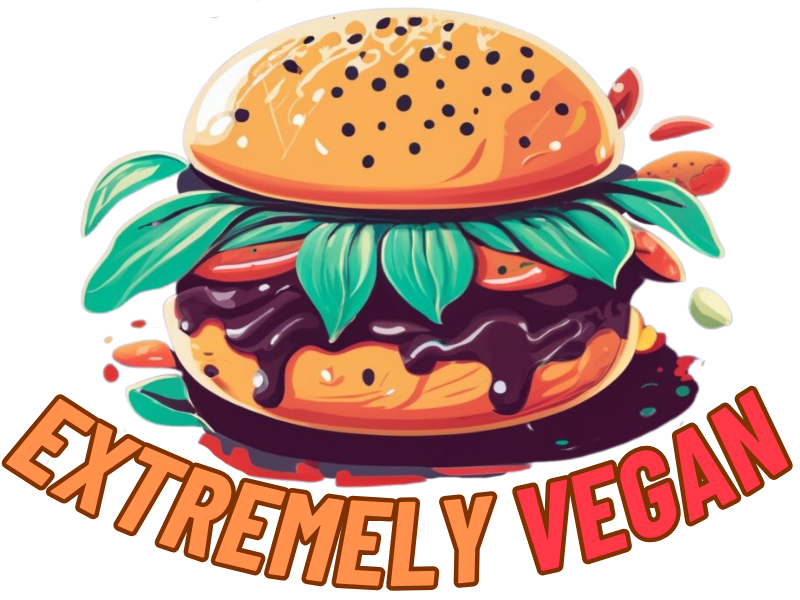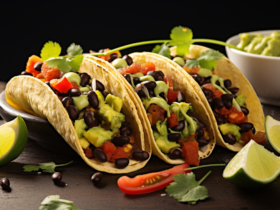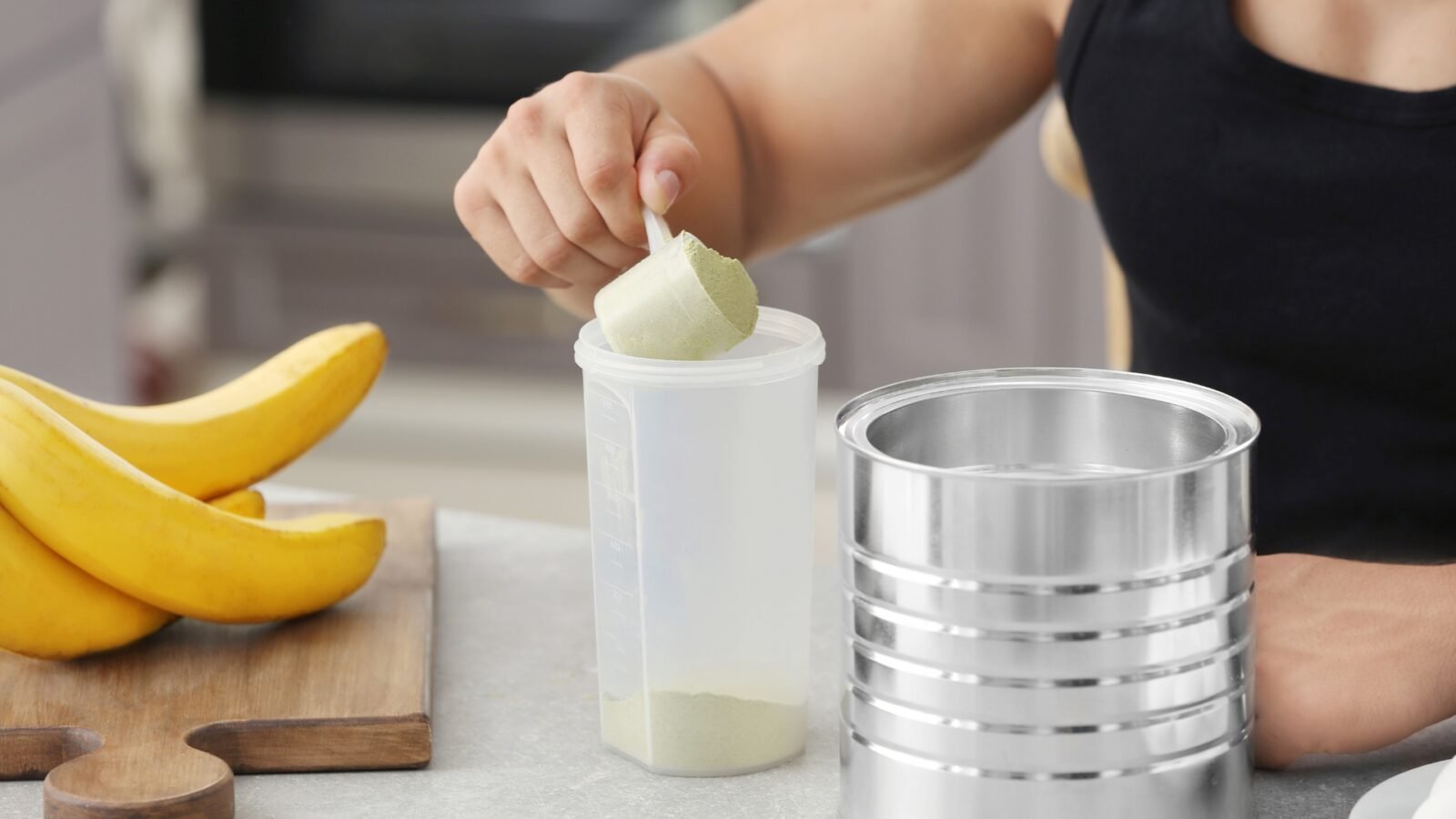Introduction:
Embracing a vegan lifestyle means more than just avoiding the obvious culprits like meat, dairy, and eggs. It’s about delving deeper into the ingredients list to ensure every bite aligns with vegan principles. While some articles, such as those from The Spruce Eats and The Edgy Veg, have celebrated “unexpectedly vegan” products, it’s essential to approach such claims with caution. Many products that appear vegan at first glance may contain hidden animal-derived ingredients.
GELATIN:
This ingredient, often found in candies, cosmetics, and even some medications, is derived from animal parts like skin, tendons, and bones. While it’s a common gelling agent, vegan alternatives like agar agar, pectin, and carrageenan are becoming more mainstream due to their similar textural properties.
BEESWAX:
Used in various products ranging from cosmetics to food, beeswax is sourced by melting honeycombs. While it serves many purposes, there are vegan-friendly substitutes available, such as soy wax, sunflower wax, and rice bran wax. However, it’s worth noting that paraffin wax, another alternative, has raised health concerns due to potential carcinogenic properties.
CASEIN:
This milk-derived protein is often found in lactose-free products and is responsible for the stretchy quality of dairy cheese. While vegan versions of casein are still under development, several brands offer dairy-free cheese alternatives that don’t compromise on taste or texture.
WINE:
The wine-making process sometimes involves non-vegan substances like isinglass, bone marrow, and gelatin for clarification. Since these agents aren’t typically listed on wine labels, it’s safer to opt for certified vegan wines from trusted brands.
L-CYSTEINE:
Commonly used as a dough conditioner in bread and baked goods, L-Cysteine can be sourced from duck or chicken feathers and even human hair. Thankfully, vegan-friendly alternatives exist, and many artisanal bakeries avoid using L-Cysteine altogether.
LACTIC ACID:
While many sources of lactic acid are plant-based, some are derived from dairy lactose. Vegan-friendly products containing plant-based lactic acid include certain beers, wines, and fermented foods like kimchi and sauerkraut.
WHEY:
A byproduct of cheese production, whey is a frequent ingredient in many processed foods due to its cost-effectiveness. Fortunately, it’s usually labeled clearly, making it easier for vegans to identify and avoid.
Final Thoughts:
Navigating the world of veganism can be a maze, but with knowledge and vigilance, it becomes easier to make informed choices. By being aware of these hidden non-vegan ingredients and their alternatives, vegans can stay true to their commitment without compromising on taste or variety.














Leave a Reply